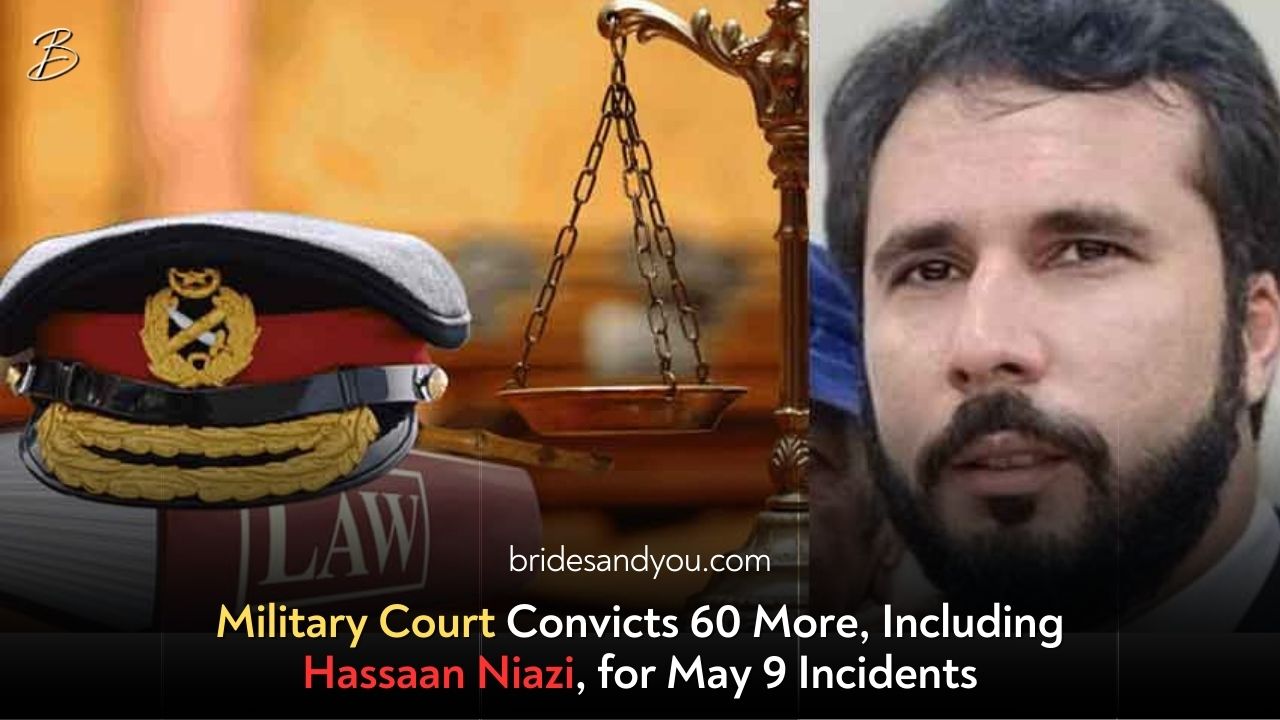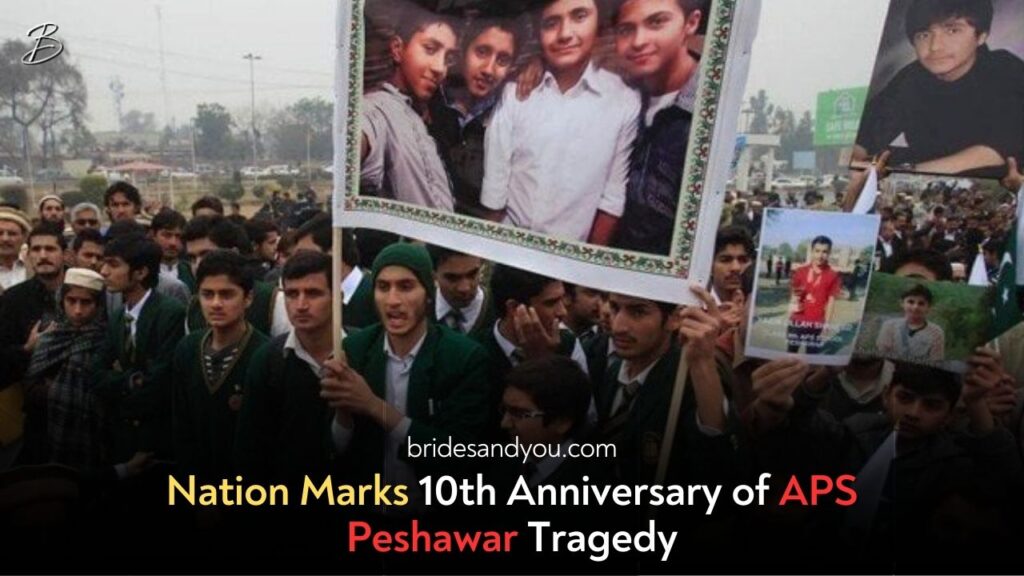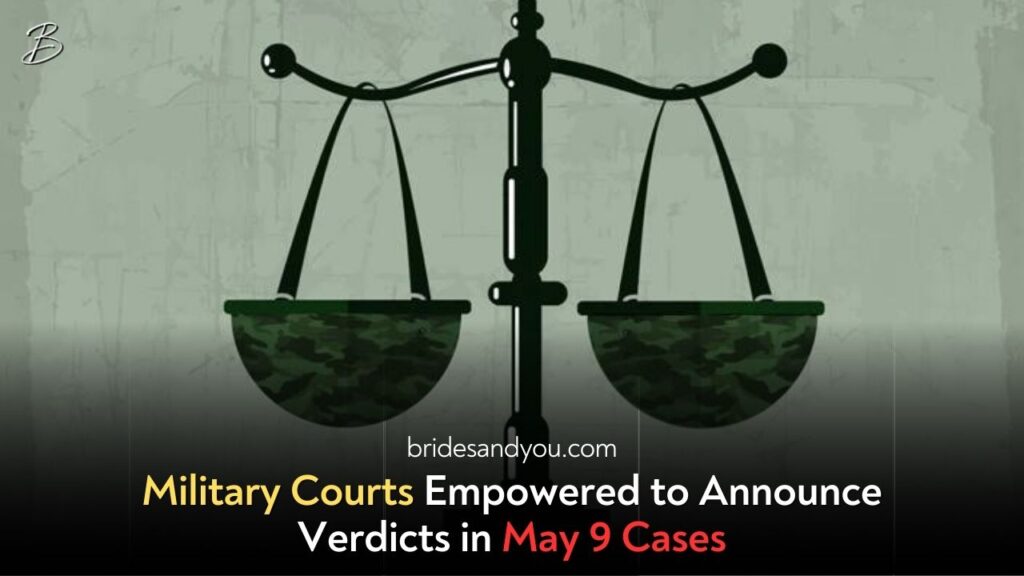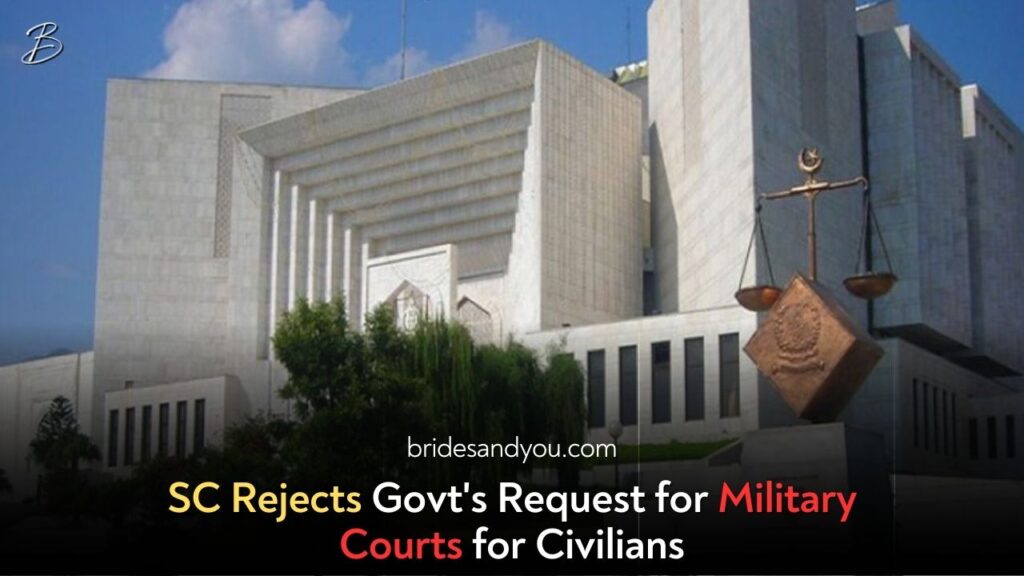Now Reading: Military Courts Sentence 60 More Civilians for May 9 Riots, Sparking International Debate
-
01
Military Courts Sentence 60 More Civilians for May 9 Riots, Sparking International Debate
Military Courts Sentence 60 More Civilians for May 9 Riots, Sparking International Debate

In a significant development following the violent events of May 9, 2023, Pakistan’s military courts have sentenced 60 additional civilians for their roles in attacks on key military and government installations. This announcement, made by the Inter-Services Public Relations (ISPR), has sparked renewed debate over the trial of civilians in military courts, both domestically and internationally.
Key Convictions and Allegations
Among those sentenced is Hassan Niazi, nephew of former Prime Minister Imran Khan, who received a 10-year prison term. The convicted individuals were found guilty of orchestrating and participating in violent attacks targeting significant military and government sites, including:
- The Corps Commander House in Lahore
- General Headquarters (GHQ) in Rawalpindi
- ISI office in Faisalabad
- Bannu Cantt
The ISPR emphasized that the legal proceedings adhered to all due processes, ensuring that convicts’ legal rights were upheld, and announced that all individuals have the right to appeal under Pakistan’s legal framework.
International Concerns Over Military Trials
The US, UK, and EU have raised concerns over the trial and conviction of civilians in military courts, citing issues related to transparency, judicial independence, and due process.
- The US State Department expressed “deep concern” over the lack of judicial independence in military tribunals.
- The UK’s Foreign, Commonwealth, and Development Office (FCO) urged Pakistan to ensure fair trials consistent with international human rights obligations.
- The EU highlighted that these verdicts could jeopardize Pakistan’s commitments under the International Covenant on Civil and Political Rights (ICCPR) and its eligibility for the GSP+ status.
Pakistan’s Response
In response to international criticism, Pakistan’s Foreign Office reaffirmed that the military court proceedings were conducted in line with national laws and Supreme Court rulings. “Pakistan remains committed to upholding all international human rights obligations,” stated Foreign Office spokesperson Mumtaz Zahra Baloch.
The Broader Implications
The May 9 incidents continue to have significant legal and political implications, with Pakistan’s government and military reiterating their commitment to justice and the rule of law. However, the international pushback against military trials underscores the need for judicial reforms and enhanced transparency to ensure alignment with global human rights standards.













